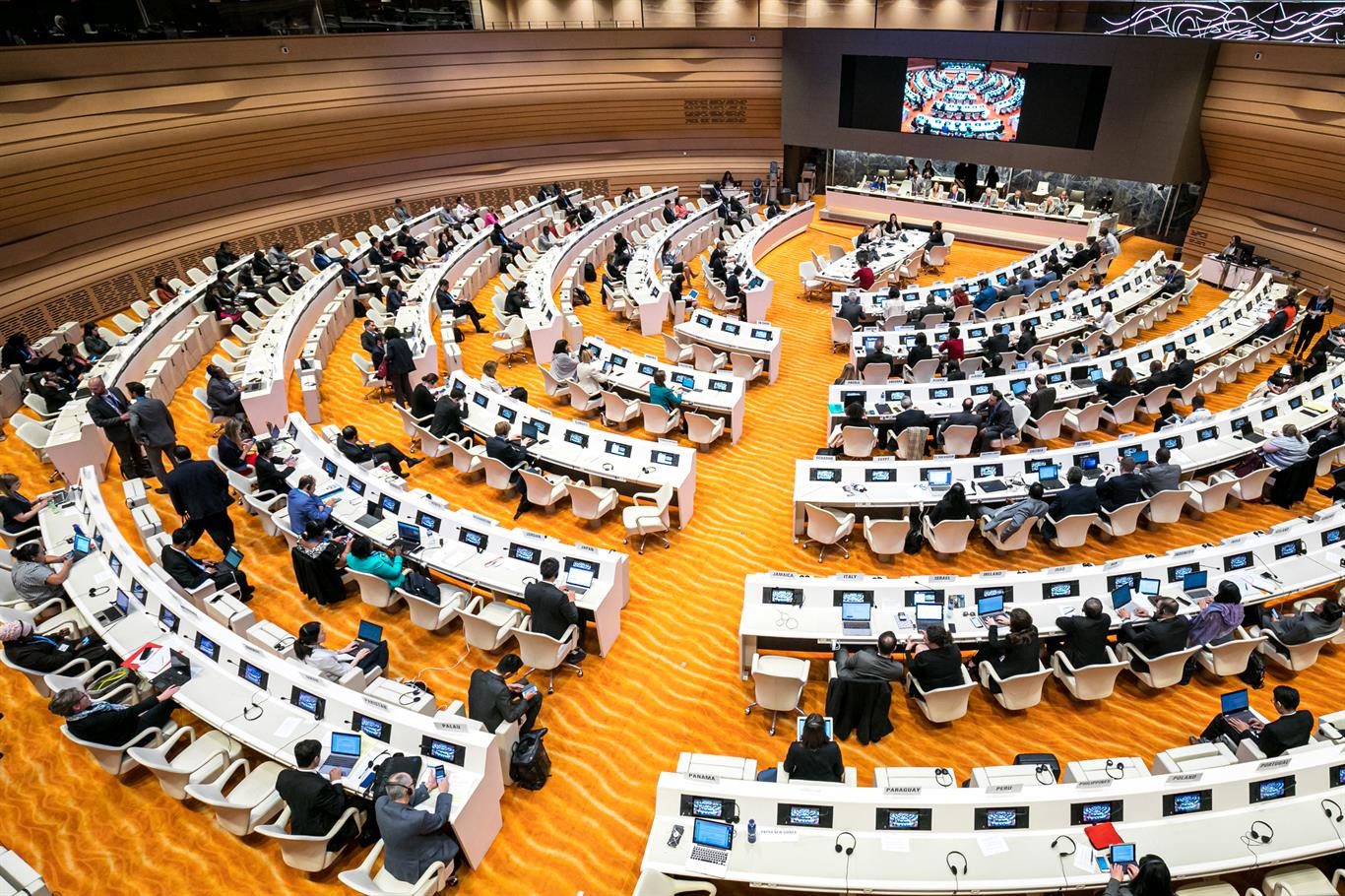As the World Health Organization commences its first in-person Health Assembly since the start of the COVID-19 pandemic, this week’s agenda is jam packed— from Ukraine’s health emergency to pandemic preparedness and response. But the world’s oldest and deadliest pandemic, malaria, is not on the agenda this go-around.
Here are a few things you may have missed:
1. Malaria cases are on the rise: Cases of malaria increased by about 14 million in 2020 compared to 2019, and there were 69-thousand more deaths, due in part to COVID-19 related disruptions to malaria prevention, diagnosis, and treatment, according to the WHO’s latest World Malaria Report.
2. Malaria platforms offer a bargain investment opportunity to scale up pandemic response & preparedness: Existing malaria infrastructures for fever-testing offer a cost-effective opportunity to scale up testing and treatment and better prepare for future pandemics. For example, the U.S. Congress is currently considering an incremental increase to the U.S. President’s Malaria Initiative in the president’s latest covid funding request, offering the potential to save over four million additional lives from malaria over the next five years and rapidly expanding capacity to achieve global Covid-19 testing targets while helping prevent the spread of variants and future pandemics.
3. Malaria offers key insights in transitioning from pandemic to endemic: Malaria is now endemic in 85 countries, but endemic does not mean the disease is any less deadly. And malaria offers essential insights as the world transitions to the endemic phase of COVID-19 throughout Year 3.
4. Malaria is at the intersection of global health and climate change: As one of the world’s most climate-sensitive diseases, malaria offers a model for innovative problem-solving at the intersection of climate change and health. By leveraging data science and Artificial Intelligence, the development of malaria prediction and planning tools demonstrate practical solutions for replication across other global health challenges worsened by climate change.
5. Malaria offers the world’s first human parasite vaccine: In October 2021, the World Health Organization (WHO) recommended the large-scale use of the first-ever malaria vaccine – green-lighting a vaccine that has the potential to prevent hundreds of millions of cases of malaria and thousands of deaths in children worldwide each year, while also being the first vaccine to combat infection caused by a parasite, rather than a virus. By April 2022, more than 1 million children in Ghana, Kenya and Malawi received one or more doses of the new malaria vaccine, through a pilot program coordinated by WHO.
Read: The New York Times | A ‘Historic Event’: First Malaria Vaccine Approved by W.H.O.
6. Malaria provides a model for innovative global health financing:
While the World Health Organization estimates an annual health financing gap of approximately $240 billion to achieve SDG 3, including in sub-Saharan Africa which bears 93% of global malaria cases and 94% of global malaria deaths, malaria has offered an opportunity to demonstrate the impact of innovative financing solutions to shore up health funding gaps by blending concessional and commercial investment capital to meet critical financing needs of the global health ecosystem and deliver competitive, risk-adjusted financial returns.



